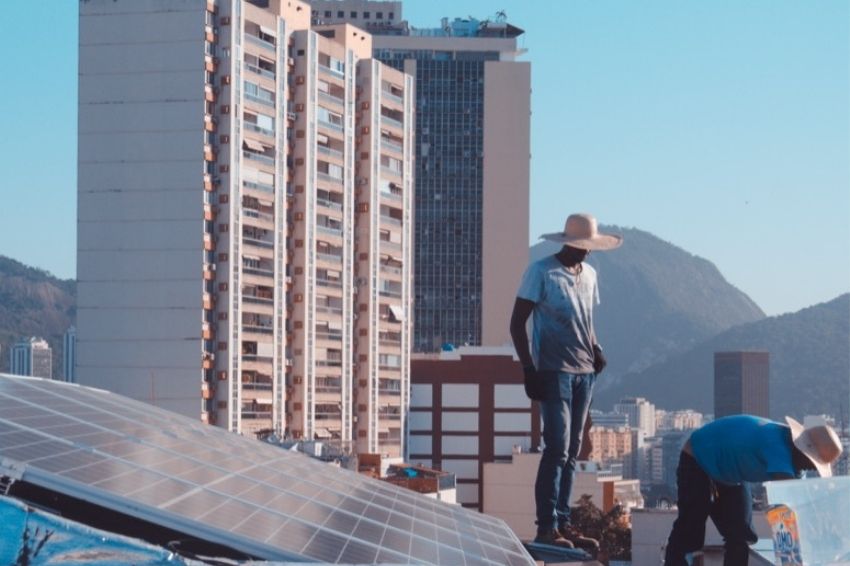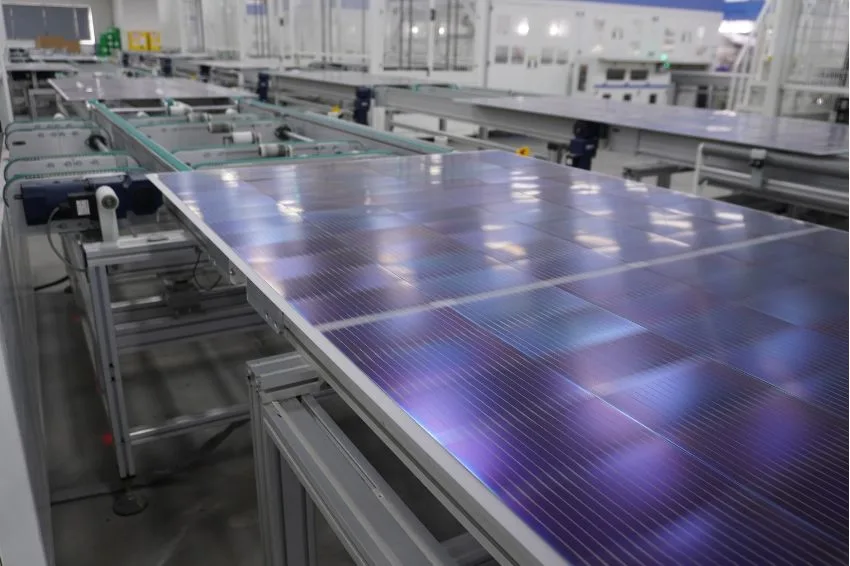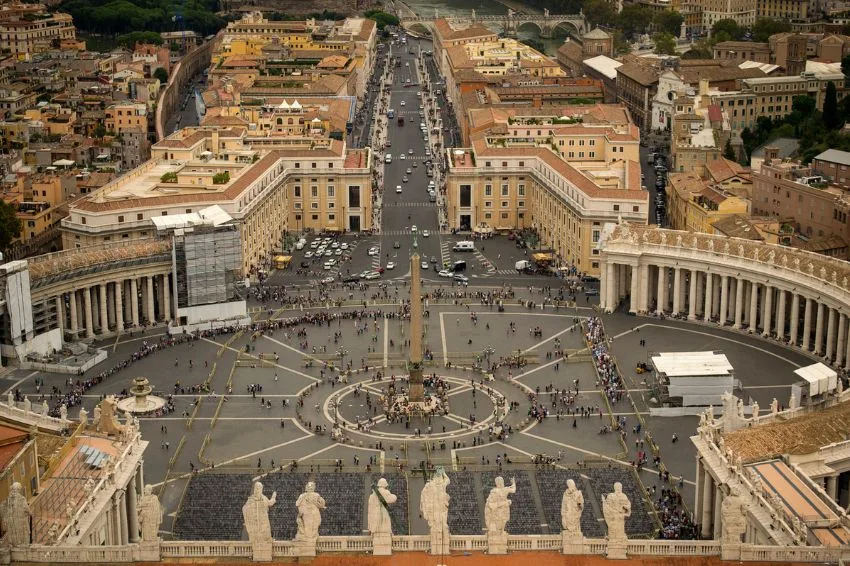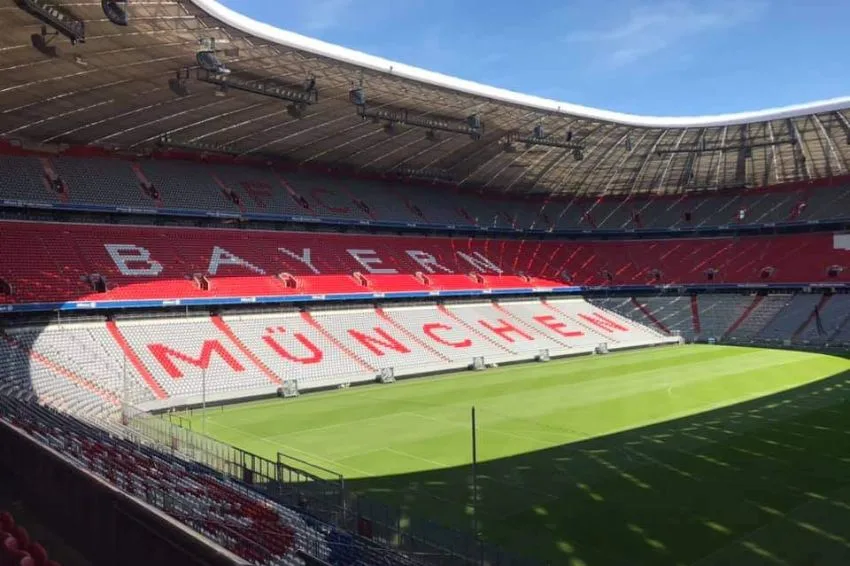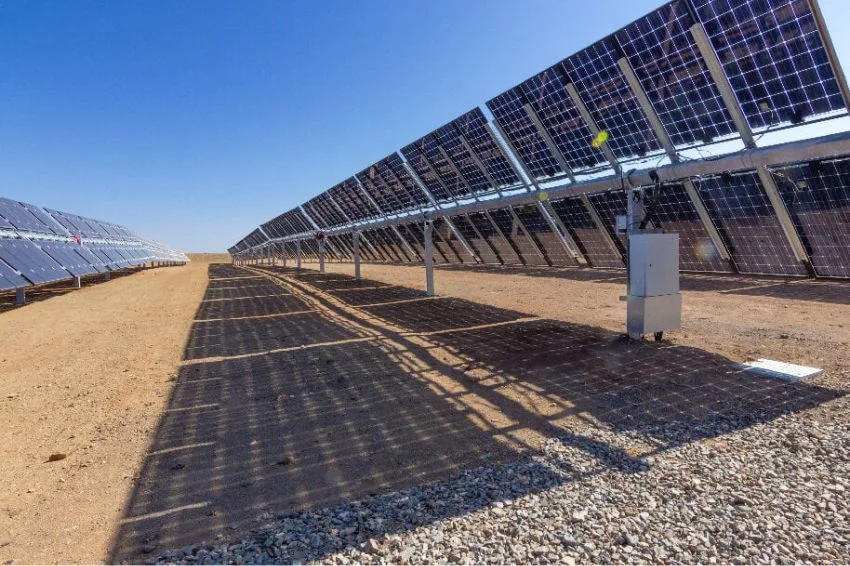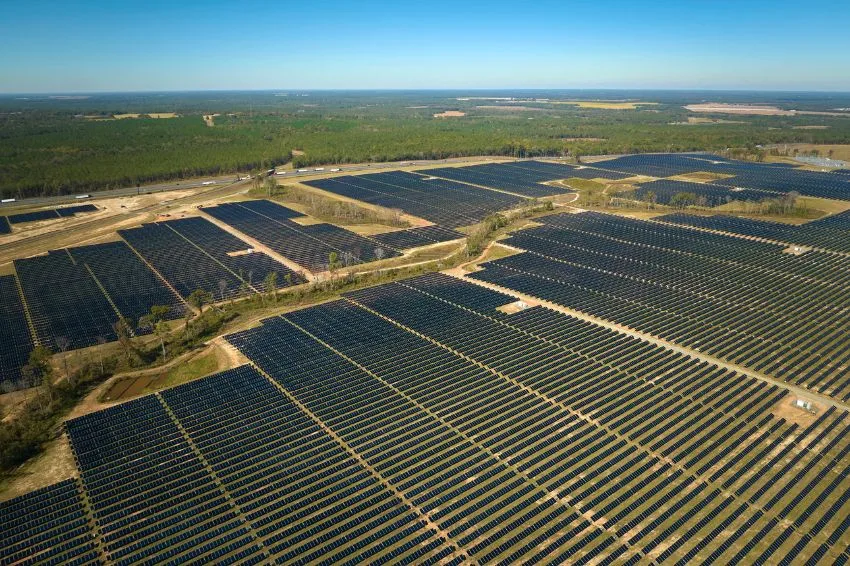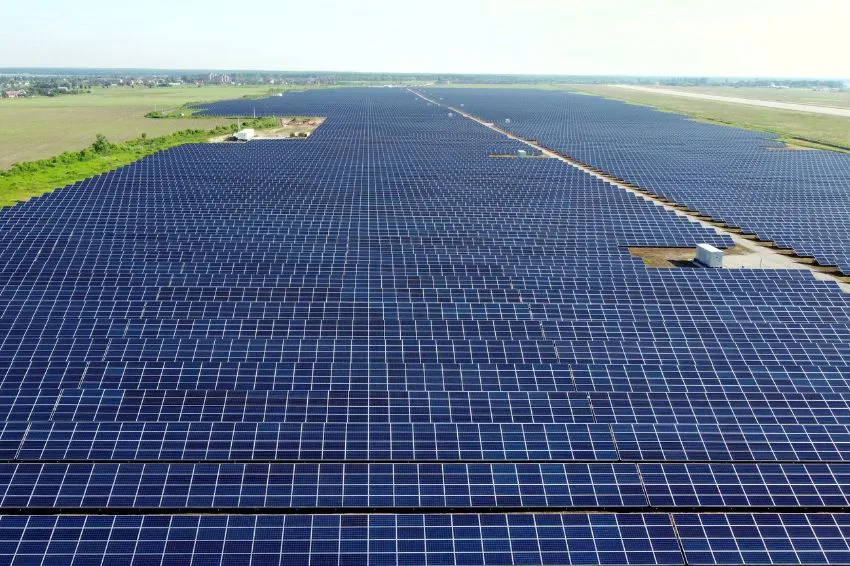With the expansion of solar energy in Europe, the company Otovo decided to broaden horizons and came up with the idea of installing a branch in Brazil, Holu, which was opened in April 2020, in São Paulo. Currently, there are 25 employees, but there is already a plan to triple the number of employees from 2022 onwards.
In an exclusive interview with Solar Channel, the CEO and co-founder of the Brazilian unit, Rodrigo Freire, talks about the challenges of implementing this type of energy in the country. “We believe that more than just consumers, everyone can become producers of their own energy”, he predicts.
Freire points out that the Brazilian market is considered a beginner in relation to solar energy. Among the main obstacles, he says are the technical complexity of the product and the need for a significant initial investment to purchase solar panels.
In addition to the individual benefits to the consumer, the photovoltaic solar source in Brazil guarantees more than 254 thousand new jobs created, offers more than R$ 12.1 billion in tax collection and avoids more than 8.3 million tons of CO² emitted into the atmosphere, according to data from ABSOLAR (Brazilian Photovoltaic Solar Energy Association).

How was the Brazilian project conceived?
More than a simple Brazilian branch of Otovo, Holu is the true tropicalization of the European business model, completely adapted to the reality (and challenges) of the still incipient solar energy market in Brazil. Our mission is to change the way people buy and consume energy.
We believe that it is possible to create a more economical and sustainable energy matrix, democratizing solar energy and, to this end, we have concentrated the best service providers on our platform to serve the end customer from end to end regarding the installation and approval of photovoltaic energy. .
How do you evaluate the current Brazilian market in relation to the topic of solar energy?
Currently, there are just over 500,000 solar photovoltaic systems connected to the grid, which represents a penetration of less than 1% of Brazil's entire potential, meaning there is a lot of room for growth.
Additionally, we make solar energy more affordable through a marketplace online, where we compare dozens of suppliers and quotes instantly, presenting the end customer with only the best value found for their project in the region.
In addition to reducing the cost of adoption, we also make payment easier, through financing with attractive interest rates or even paying in 10 interest-free installments on your credit card.
What is the profile of the person who installs a solar system?
The solar panel is super democratic and can be installed from the roof of class D to large class A residences. What will differentiate is the access and financial capacity to make this product.
With this in mind and the fact that Brazil has an abundance of sun, we want to debunk the myth that solar energy is expensive and complicated, giving all audiences the possibility of accessing clean and sustainable energy.
Today we have a variety of profiles in our customer base, including those who need to ease their monthly budget, committed to the most expensive energy tariff in the world (recurring among the population with the lowest monthly family income); the desire to reduce the environmental impact we leave on the world (this is more common among people who are more aware and connected); and the willingness to make an investment with annual returns that exceed 30% per year, with a low risk profile (this is more common among those with high monthly family income and more versed in financial products).
What are the main advantages and benefits of this installation?
Brazil operates on the net-metering system, in which the excess energy produced by solar panels and not consumed instantly by the consumer unit is injected back into the distributor's network, which starts to compute a credit to be deducted from future bills within up to 60 months.
This is not the regulatory model adopted by most European countries, where surplus energy is lost or very poorly remunerated. In any case, there is currently the legal framework for the sector being processed in Congress, the text of which will change this compensation system, making it closer to the European reality (and, therefore, making the investment less attractive for end consumers).
The environmental benefits are also broad. The sun is the most abundant and inexhaustible source of energy of all. As a clean, renewable and sustainable energy, solar generation helps to significantly reduce dependence on fossil fuels such as petroleum derivatives, water consumption (used by thermoelectric plants and nuclear plants); and the emission of greenhouse gases, among other environmental benefits.
What savings are possible?
Consumers who opt for a solar system can save up to 99% on their respective monthly bills, reducing them only to the cost of availability (the mandatory minimum that is independent of consumption).
As a result, the investment made to acquire a solar generation system pays for itself in a few years and from then on, consumers will have more than 20 years of continuous benefits, such as practically zero electricity bills, since the estimated useful life of the solar panels is in the order of 30 years. Studies also indicate that the installation of solar panels can result in an increase in property value when sold.
In financial terms, is it accessible to the entire population?
Yes, since the investment is proportional to the energy consumption of each residence, that is, everyone who pays monthly energy bills can opt for a solar energy system. Naturally, lower income groups will depend more on financing and installment solutions, however, the fact that Brazil has the most expensive energy tariff in the world makes the solar energy product accessible to everyone, after all, what is It's really expensive to pay the electricity bill for the next 30 years.
Is the release and installation process bureaucratic? How long does it take to get authorization?
The biggest bureaucracy is in the approval process by energy concessionaires, who naturally tend to raise many objections and inefficiencies in the process since they have no interest in disseminating solar energy. Each system installed represents a loss of revenue for the same dealerships.
In a 100% digital service, we offer a personalized quote for the end customer, which is made based on the characteristics of the property and the consumer's needs.
If contracted, the startup is responsible for supplying and transporting equipment (modules, inverter, cables, fixing structure and all other equipment necessary for the installation of your solar system), installation and final approval with the concessionaire. Each installation and project has its individuality and can be released in a few weeks or in more extreme cases in a few months, depending on the concessionaire/distributor.
How do you foresee the development of solar energy in the future?
For the near future, we believe that growth for the sector is limitless and tends to accelerate. The big challenge is to continue spreading the benefits of solar energy to the general population – and that is exactly what Holu wants to lead.
At the other end, there are also regulatory challenges, with proposals that could slightly alter the balance and benefits of distributed generation for the population. I believe that finding a third way, which better balances the benefits for both ends (population and distributors) would be best for the market, consumers and actors in the solar ecosystem.
The Legal Framework for Distributed Generation (Bill 5829/19), recently approved in the Chamber, and which awaits consideration by the Federal Senate, could be this “middle ground” and guarantee greater predictability and solidity for the sector.
Cover image: Pedro Henrique Bonadiman Conceição


